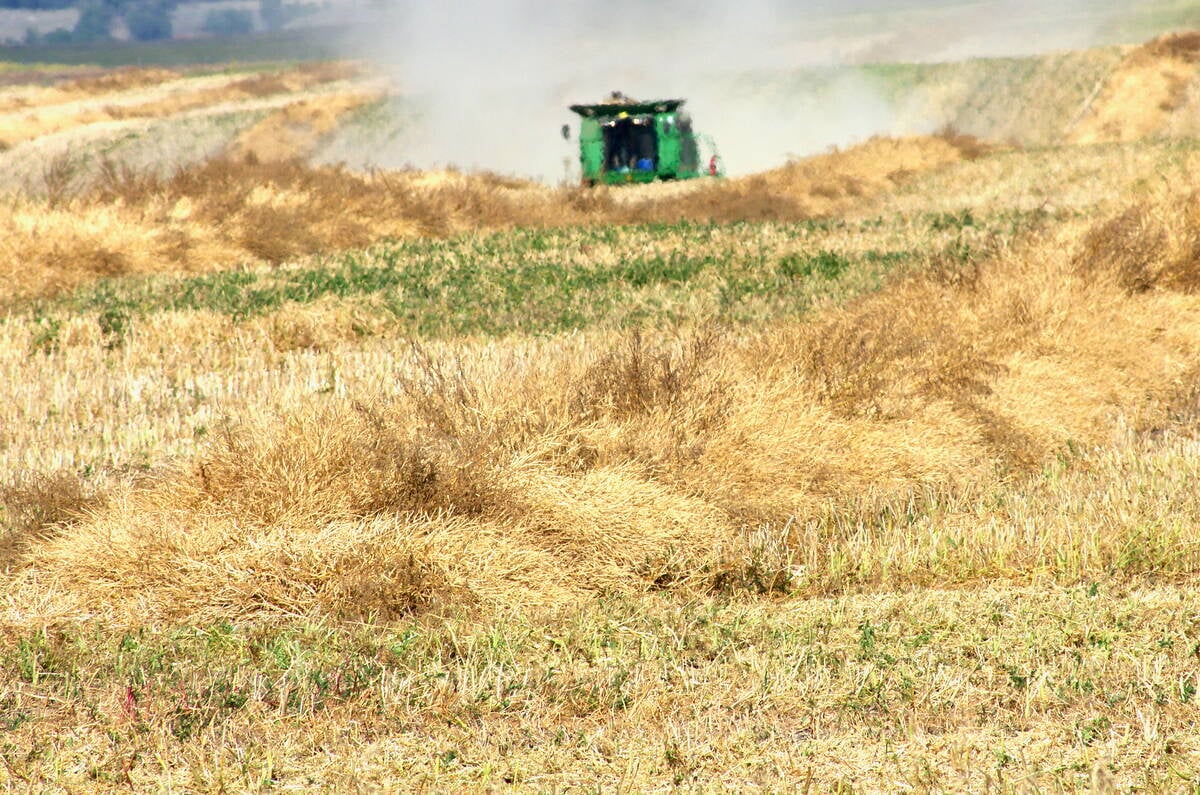North Dakota wheat growers have wasted million of dollars fighting an unwinnable trade war against the Canadian Wheat Board, says an official with the U.S.-based North American Millers’ Association.
Association vice-president Jim Bair said farmers would have been better served if the state’s wheat commission had directed more money to research aimed at fighting wheat diseases like fusarium and improving productivity, and less to paying lawyers’ bills.
The North Dakota Wheat Commission collects about $3 million a year through a 1.5 cent a bushel mandatory checkoff.
Read Also

Manitoba searches for Plan B on canola oil exports
A new report explores Manitoba’s current canola oil trade and possible alternative markets to the U.S.
According to the commission’s most recent annual report, as of Dec. 2004 it had incurred $6.3 million in legal bills associated with the trade dispute, of which $2.9 million was still to be paid at that time.
“Imagine how much good could have been accomplished if those millions of dollars of North Dakota checkoff money had been spent on research instead of a trade case that was doomed to fail from the beginning,” said Bair.
The millers association has been criticized by the wheat commission over the last two years for siding with the CWB and Canadian government in trying to get the tariff lifted.
NAMA argued throughout the process that declining U.S. wheat acreage, combined with disease issues that have affected wheat quality in the northern Great Plains, have made it imperative that the milling industry have unfettered access to the entire North American crop.
The millers’ group also rejected claims by the NDWC that the wheat board was gaining market share by cutting prices and underselling U.S. wheat.
Bair said he hopes the millers and growers can put aside their differences over the tariff and work together on more important issues, such as more research into fusarium and changing U.S. farm legislation to remove subsidies that encourage farmers to switch from wheat to other crops.
If U.S. producers grew more high quality wheat, they wouldn’t have to worry so much about imports from Canada, he said.
“That’s how U.S. growers will secure markets in the milling industry,” he said.














